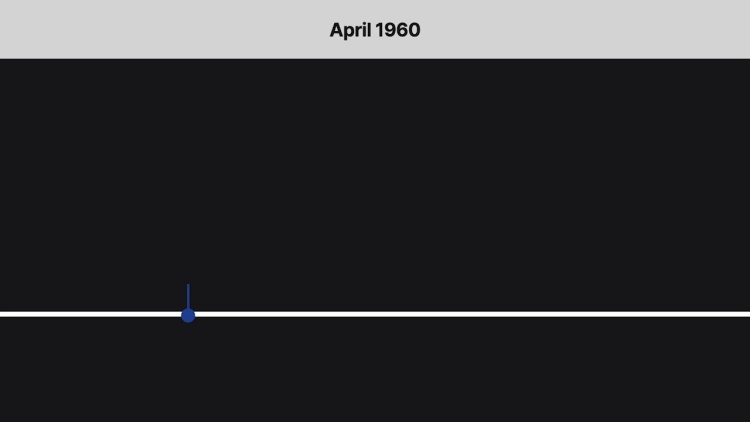Dallas Cowboys Football Club v. Harris
Texas Court of Civil Appeals
348 S.W.2d 37 (1961)
- Written by Sarah Larkin, JD
Facts
Harris (defendant) entered into a contract with the Los Angeles Rams Football Club (the Rams), under which he agreed to play football for them for the 1958 season. The contract provided that, at the end of that one-year term, the Rams had the option to renew the contract for an additional year. The contract additionally provided that Harris had “special, exceptional and unique knowledge, skill and ability as a football player” and that he would be enjoined from playing football for any other entity. Harris performed under the contract for the 1958 season. However, Harris and the Rams disagreed about the option, and Harris chose not to play football during the 1960 season. For the 1961 season, Harris entered into a contract with the Dallas Texans Football Club (the Texans). The Rams assigned the contract to the Dallas Cowboys Football Club (the Cowboys) (plaintiff). The Cowboys filed suit, seeking an injunction to enforce the contract, including the option, and thus to enjoin Harris from playing for the Texans. The trial court granted the preliminary injunction. Harris filed an interlocutory appeal to the Texas Court of Civil Appeals regarding the injunction. Before the appeals court could hear the matter, the trial court tried the merits of the case. The trial court submitted to the jury the issue of whether Harris possessed exceptional and unique knowledge and skill as a professional football player. The Cowboys introduced the New Century Dictionary definition of “unique,” representing that uniqueness means there is only one, with abilities that are unparalleled. Harris testified that he did not meet the dictionary definition, but that he possessed a certain amount of skill and ability. The general manager of the Texans also testified that Harris possessed skill and ability that was exceptional and that Harris was above average. Others testified that, though there were better players than Harris, the Cowboys would not have been able to hire those players. The jury returned a verdict in Harris’s favor, and the trial court entered a judgment against the Cowboys. The Cowboys motioned the trial court for a new trial, averring that the jury’s ruling was against the weight of the evidence. The trial court denied the motion. The Cowboys appealed the jury’s ruling to the Texas Court of Civil Appeals.
Rule of Law
Issue
Holding and Reasoning (Dixon, C.J.)
What to do next…
Here's why 907,000 law students have relied on our case briefs:
- Written by law professors and practitioners, not other law students. 47,100 briefs, keyed to 996 casebooks. Top-notch customer support.
- The right amount of information, includes the facts, issues, rule of law, holding and reasoning, and any concurrences and dissents.
- Access in your classes, works on your mobile and tablet. Massive library of related video lessons and high quality multiple-choice questions.
- Easy to use, uniform format for every case brief. Written in plain English, not in legalese. Our briefs summarize and simplify; they don’t just repeat the court’s language.





